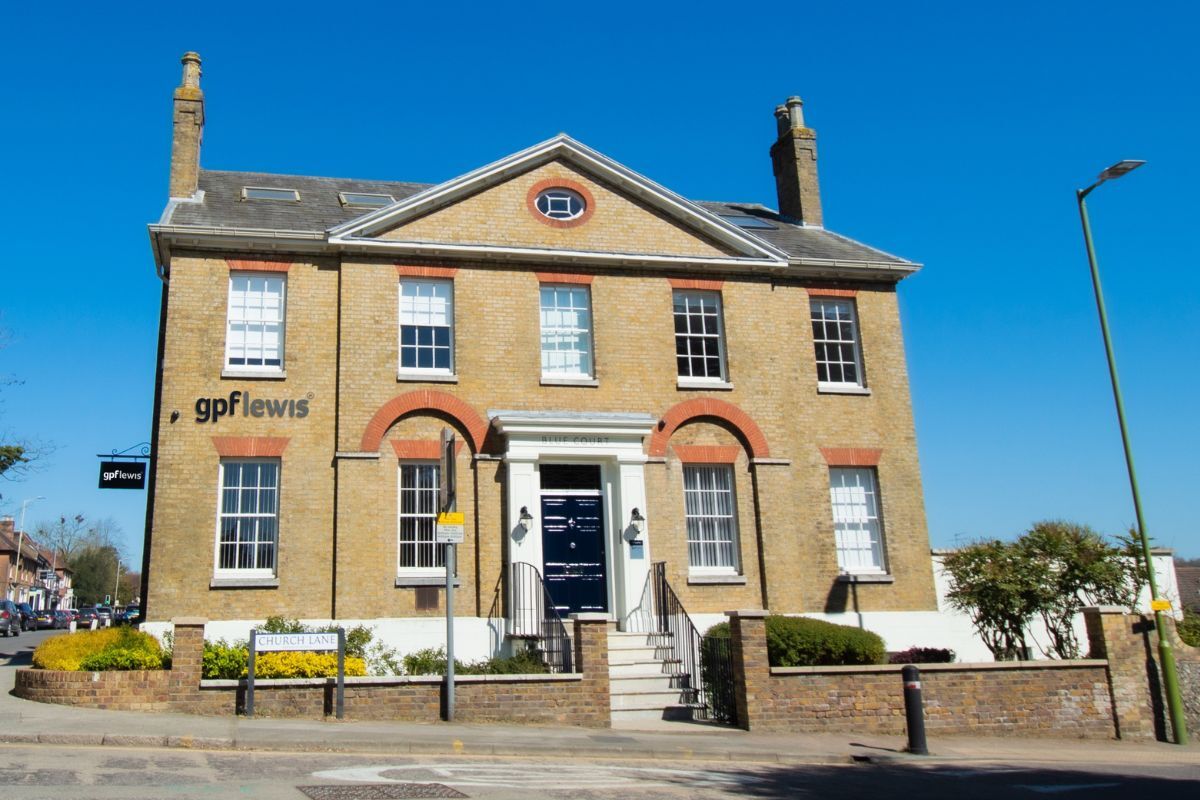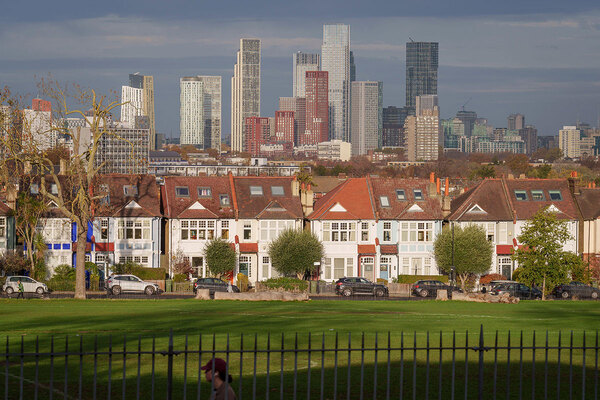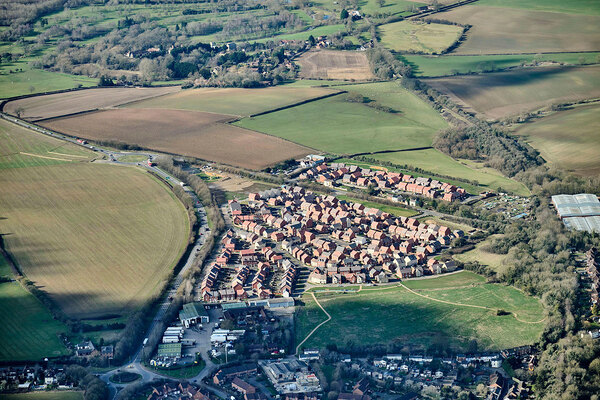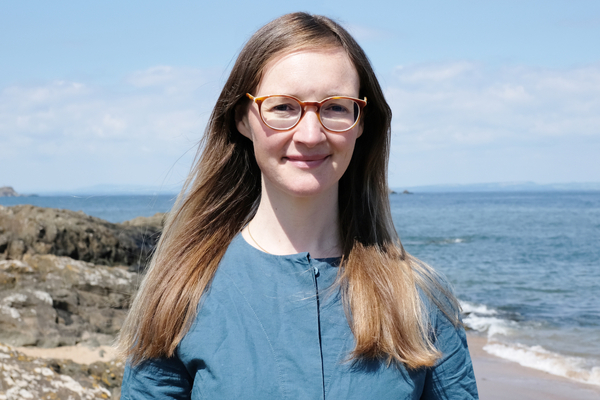Construction company starts journey to net zero with Bioregional
One of London and the South East’s fastest growing construction and maintenance companies, GPF Lewis, has appointed the sustainability consultancy Bioregional to help it realise its vision of becoming a net-zero carbon business.
The partnership will see Bioregional work with the business to measure their full carbon footprint – including, crucially, all ‘scope 3’ emissions from its supply chains – and set a goal to reach net zero on the trajectory needed to limit temperature rises to 1.5 degrees above pre-industrial levels.
The net-zero goal will form part of a new high-level ESG (Environment, Society, Governance) strategy that considers every aspect of sustainability, which GPF Lewis and Bioregional will develop over the coming year.
GPF Lewis’ new sustainability strategy will build on the success of recent initiatives to reduce energy usage, waste, and carbon emissions in its projects, as demonstrated through its strong track record of successfully managing and delivering sustainable BREEAM-certified projects. This financial year (1 April to 15 December) it has so far successfully diverted 100% of site waste from landfill, recycling more than 750 tonnes (73.51%) and recovering energy from the remainder (26.49%), exceeding its 85% target. The company also supports the Considerate Constructors Scheme, and as a member of the Supply Chain Sustainability School is driving positive change using technologies such as BIM (Building Information Modelling).
David Hall, project director at GPF Lewis, said:
“We believe in creating a better future, not only through the projects we deliver, but in how we run our business. We need to look honestly at the environmental, social, and economic impacts of the construction industry, and ensure we play our part in helping the sector respond to the climate and ecological emergency. Partnering with Bioregional is a signal of our commitment to work with experts who know how to get this right, with no greenwash. This means measuring all our climate change impacts – including scope 3 emissions – and setting a science-based net-zero goal as part of a joined-up strategy that considers the sustainability impact of every area of our operations.”
Founded as a charity in 1994, Bioregional is a purpose-led sustainability consultancy that supports businesses and organisations to transition to a net-zero carbon, circular, and sustainable future. In the built environment, it works with partners to create homes, workplaces, and retail destinations that enable sustainable living.
In 2003, Bioregional developed One Planet Living®, a sustainability framework designed to enable organisations and communities to thrive while living within the limits of our planet’s resources. One Planet Living has been used to guide the construction of high-profile developments across the globe, including the London 2012 Olympic Games, and Elmsbrook in NW Bicester, Oxfordshire, the UK’s first eco-town.



